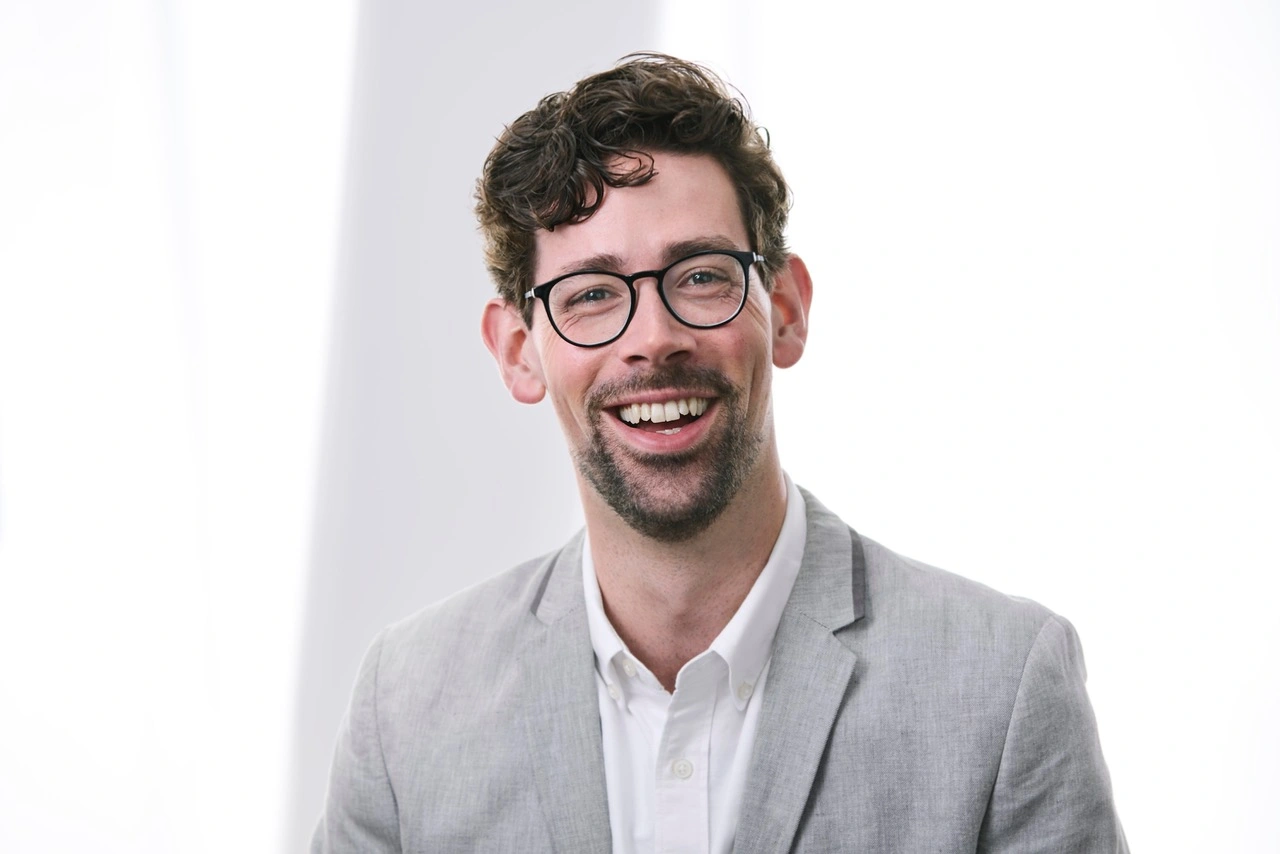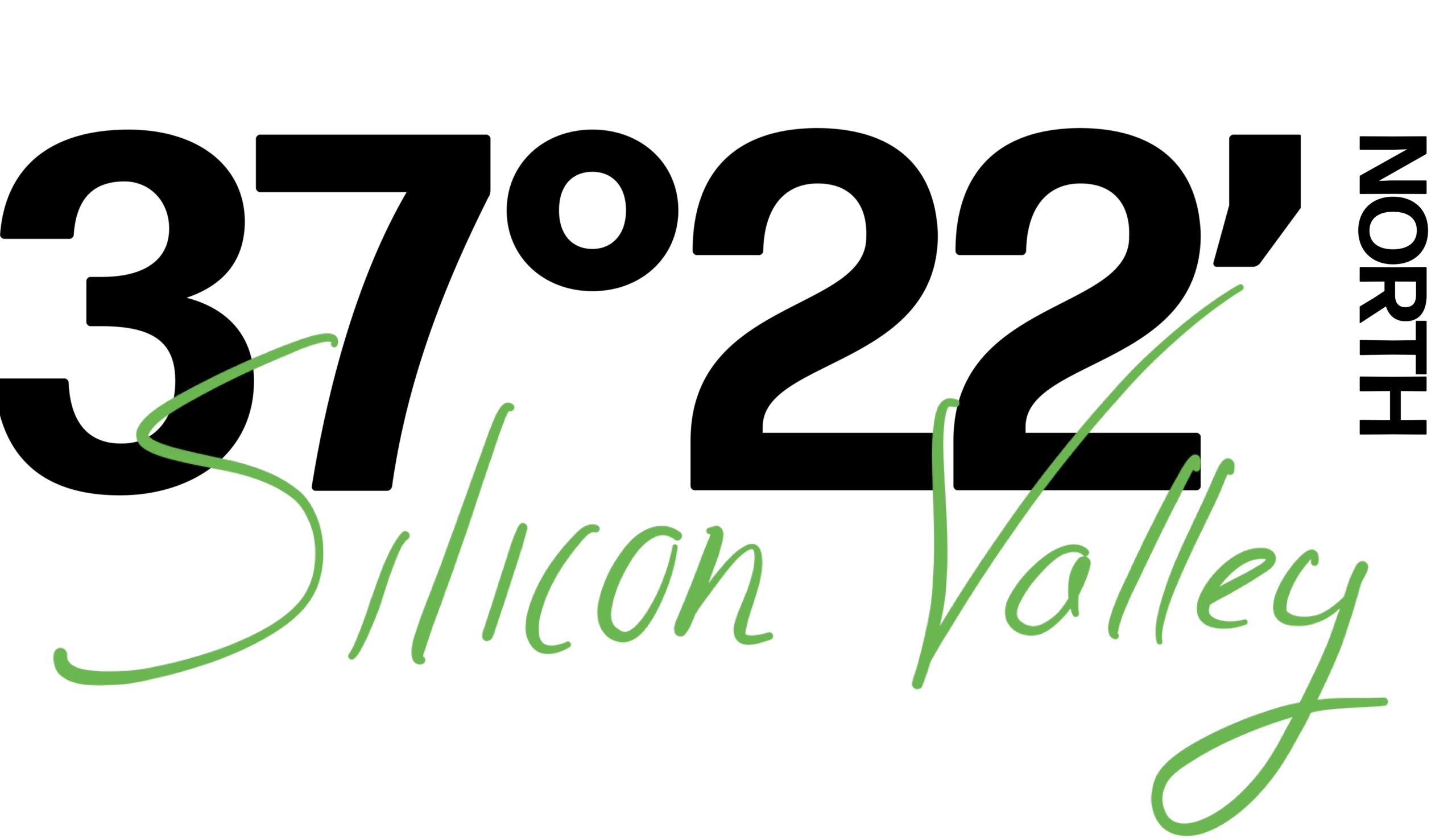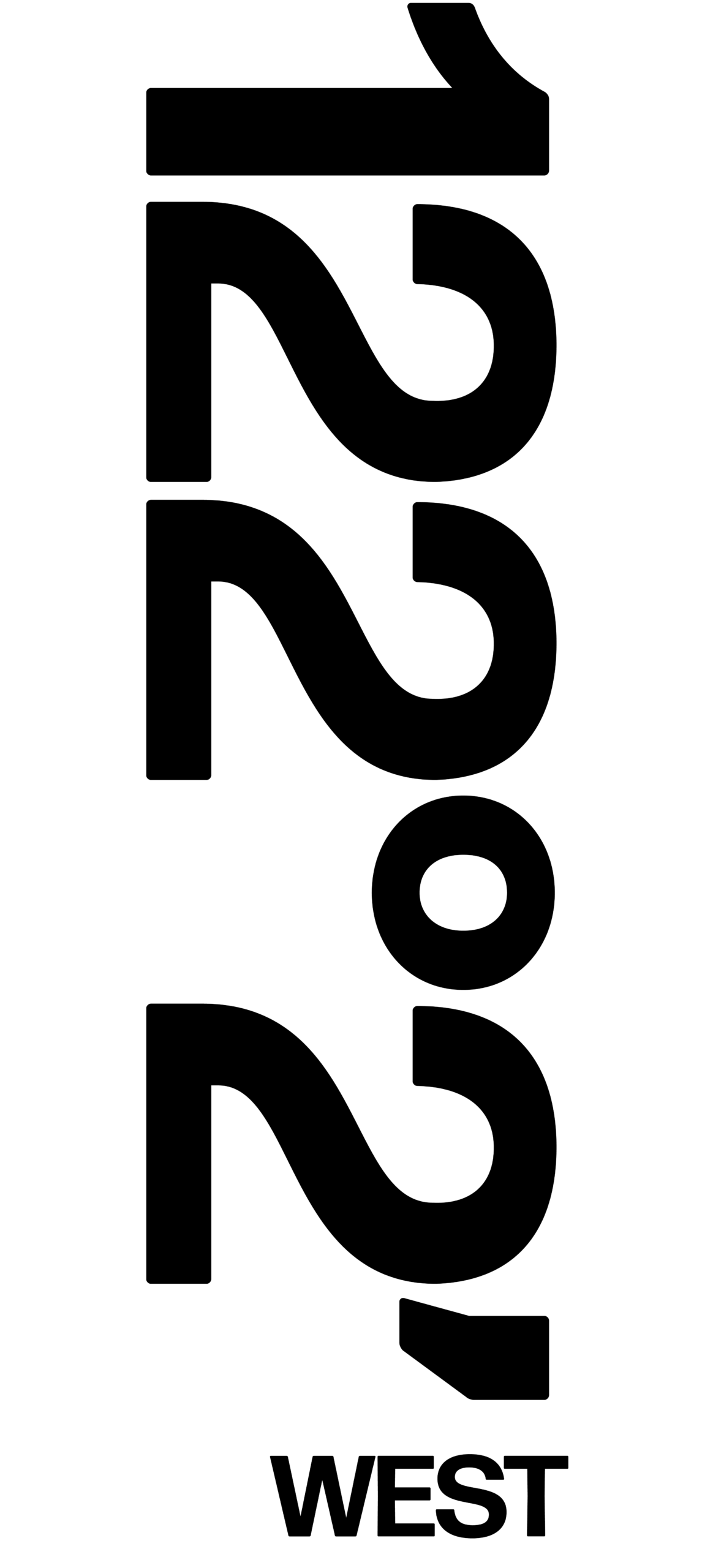
‘A start-up is quite special; the more you put in, the more you get out’

Text Dayinta Perrier
© Photo Max Huisman
Max Huisman left for the United States after obtaining his master’s degree and became a PhD student at UMass Chan Medical School in Worcester, Massachusetts. He now heads Prolific Machines in Silicon Valley, a company with over 50 employees.
“When studying for my bachelor’s in applied physics, I noticed that I enjoyed devising experiments and creating test set-ups,” says Max Huisman. During his studies, he met David Grunwald, then an assistant professor in the Bionanoscience department, who investigated cellular processes using microscopy. Because they got on so well, Grunwald offered him a PhD position in the US a few years later when he was in the final phase of his master’s degree in applied physics. In Grunwald’s new lab, he built a super-resolution microscope that makes the dynamics of individual molecules in cells visible. “My education in Delft was very theoretical and I was surrounded by techies,” he says. “In the US, I entered a medical environment among microscope users for the first time. We complemented each other well.”
Treatment for malaria
After obtaining his PhD, Huisman did a post-doc in microscopy and then decided to leave academia. “The plan was to return to the Netherlands,” he says. “My partner would get a job and I would find something in the area.” But things took a different turn. He was in a café when he met Deniz Kent, an English researcher with a PhD in stem cells and regenerative medicine. Kent had an idea for a start-up and saw Huisman as a key part of it. “Kent wanted to produce cultured meat by controlling cells with light and I had years of experience in optics,” he says. Kent and Huisman, together with machine learning expert Declan Jones, started biotech company Prolific Machines in Silicon Valley. “There was a high probability that it wouldn’t work out. So I thought: why not give it a go? But it did work. And continues to do so five years later.”
They have yet to successfully conquer the market with affordable cultured meat but the technology appears to be suitable for other things. “By controlling cells with light, we can stimulate more than just cell growth. We can also have cells create molecules,” Huisman says. “We’ve called this photomolecular biology. For example, we can cheaply make antibodies to treat diseases like malaria.” The company recently secured a large investment to further develop this technology.
Sharing experiences with students
Starting a business is something Huisman recommends to more Delft students. “A start-up is quite special; the more you put in, the more you get out. Delft students have a lot of theoretical knowledge, which is valuable for a starting company,” he says. “In America, there is a lot of opportunity for entrepreneurship. Capital is plentiful and people take more risks when investing in new businesses. The infrastructure also exists to help start a business.” Take accelerators, for example. These are short-term programmes to help startups grow at an early stage.
Huisman recently had engineering students from the Netherlands visit as part of a 4TU initiative. “I like to share my experience because it’s a special feeling to get so much gratification from your work.” He likes working in the US: “This is a very multicultural country, so everyone is used to people thinking differently and that makes it is easy for those coming from outside America to find their way.”
He doesn’t know how long he will remain in Silicon Valley. “There is a major political shift going on and it remains to be seen how that will affect this country,” he says. “But for now, I’m enjoying the various stages a start-up goes through. And who knows, maybe I’ll end up joining a new start-up because I like that phase so much.”
Are you interested in setting up a regional alumni network? Send an e-mail to [email protected].

